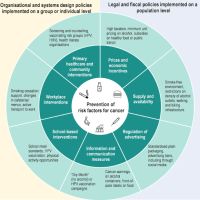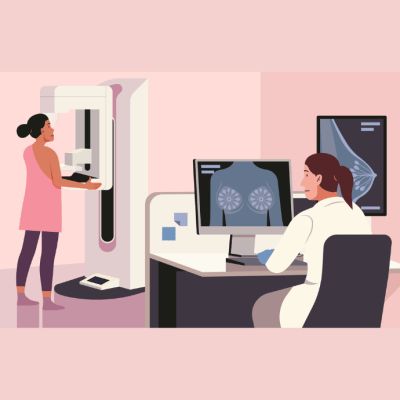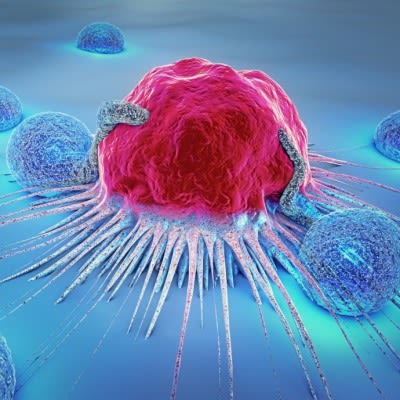A clinical trial is underway to enroll women with breast cancer, with the goal of investigating the effectiveness of behavioural and psychological interventions in mitigating heart damage resulting from anti-cancer treatments. This pioneering initiative, known as the CARDIOCARE project, is being conducted by a consortium of European partners including the European Society of Cardiology (ESC).
Breast cancer stands as the most frequent cancer within the EU, constituting 13.3% of all newly diagnosed cancer cases in 2020. The estimation suggests that approximately 1 in 11 women in the EU will develop breast cancer by the time they reach the age of 74.
Although breast cancer mortality rates have been declining each year in Europe, the number one cause of death for women with breast cancer is cardiotoxicity. The majority of newly diagnosed breast cancer patients are older than 65 years of age adding further complexity to the management and care of this patient population.
The five-year, EU funded CARDIOCARE project aims to change the management of older women with breast cancer.
This initiative will facilitate extensive cooperation among clinical oncologists, cardiologists, psychologists, and other specialists, all working collaboratively to enhance the monitoring, treatment, and overall care provided to these patients.
Project coordinator, Professor Dimitrios I. Fotiadis of the University of Ioannina, Greece, said “CARDIOCARE will provide women over the age of 65 with breast cancer the tools to improve their physical health and to psychologically adapt to the disease”.
A clinical trial will assess the effects of behavioural and psychological interventions on various aspects such as quality of life, physical and mental well-being, and the cardiotoxic effects associated with breast cancer treatment. This trial aims to enroll 750 breast cancer patients across six clinical centers located in Europe.
Imaging and biochemical data will be combined using wearable devices and sensors, user application inputs, patient and care giver questionnaires. The data will be stored, managed and processed.
All patients will receive the CARDIOCARE mobile application. Participants will be assigned randomly to one of two groups: those who receive the app containing both ePsycHeart and eHealtHeart, or those who receive the app with only ePsycHeart. ePsycHeart will monitor quality of life, mobility, and mental health, using a wearable chest band heart rate sensor, smartwatch, and questionnaires. eHealtHeart will encourage participations in the intervention group to increase their physical activity, adopt healthy eating, memory-enhancing games, and adjustments to the home environment to minimise fall risks.
An additional significant objective of the trial is to identify women diagnosed with breast cancer who face the highest risk of heart and blood vessel damage resulting from anti-cancer therapies.
Overall, CARDIOCARE is designed to detect the cardiovascular side effects of anti-cancer treatment early. As Prof Fotiadis stated, “CARDIOCARE is on track to improve the physical and mental health of older women”.
Source: European Society of Cardiology
Image Credit: iStock






















